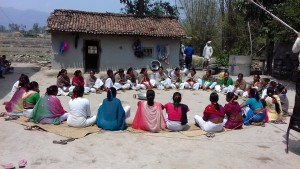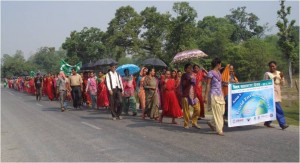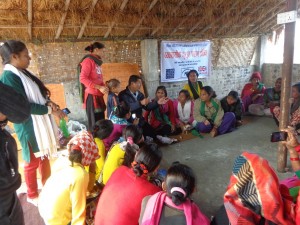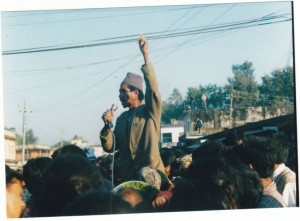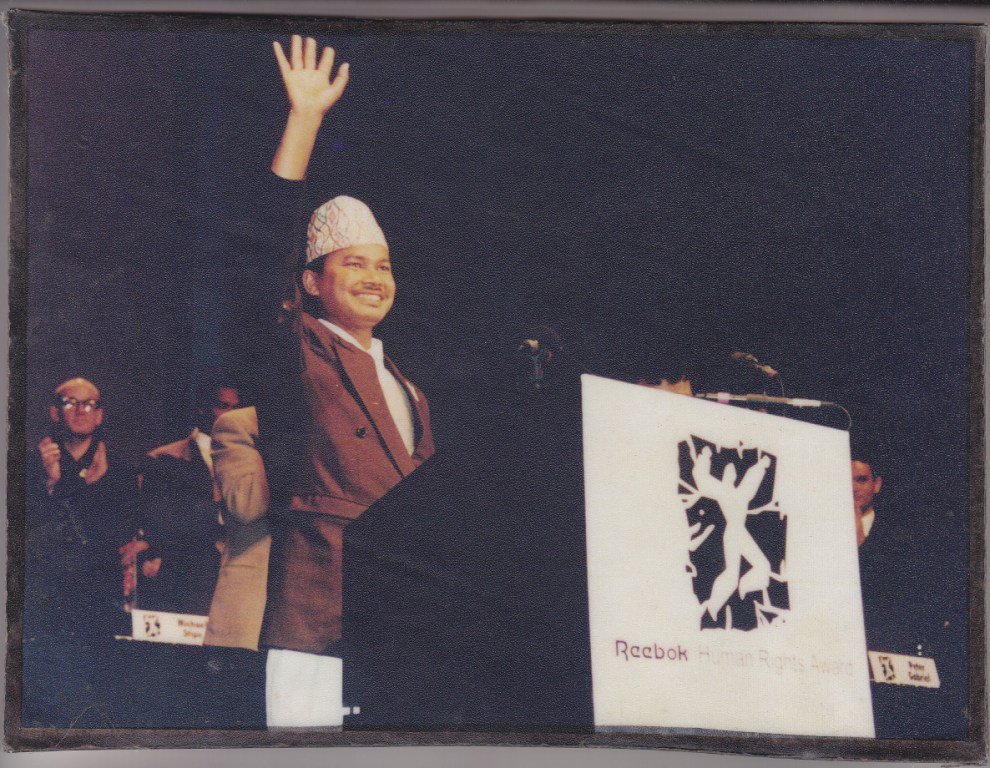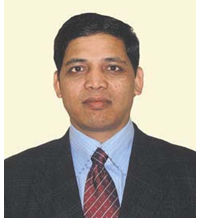Theme 6 Gender and Social Inclusion (GESI), Advocacy and Institutional Strengthening
Background:
In Nepal, there is only 22% of working-age women have employees, risks to abuse on children, adolescents, vulnerable youth is higher, disables have very little access to development and education opportunity. Social discrimination in society is still existed as a social stigma in Nepal. Mostly, third gender, Dalits, marginalized and backward communities are still facing the discriminative behavior. There is still superiority and inferiority complexes seem in the one community to another community, one to another geographic territory.
UN’s all 17 SDGs central principle is “leave no one behind” and seek to realize the human rights of all, to achieve gender equality and the empowerment of all women and girls and to reach the furthest behind first. So far, Nepal has ratified CEDAW (Convention on Elimination of All Forms of Discrimination Against Women) which aims to eradicate all forms of discrimination against women. In the restructured federal system of Nepal, discrimination against women and girls has become reduced by law while culture is still patriarch therefore women are still discriminated within family and society. The article 38 of Constitution establishes women rights , the right to equal lineage; right to safe motherhood and reproductive health; right to participate in all bodies of the state; right to property and family affairs; and positive discrimination in education, health, employment and social security. Constitution of Nepal, in its article 51(J) has declared policy of “social justice and inclusion”. It has declared the provision of inclusion of women, youth, indigenous, Kamaiya, Haruwa, Charuwa, and other backward communities in livelihood, employment. Thus, it has a provision on equal distribution of economic, cultural, social opportunities, and benefits. GESI policy and the fundamental rights guaranteed by the constitution won’t be implemented until raising voice by common people. The major tools of implementation of rights are raising voice through advocacy and promulgation of policies. BASE has committed to creating an equitable society by following constitutional provisions.
Nepal has been restructured into a three-tier governance system: federal, provincial, and local levels. In this new structure, the BASE should also restructure its institutional structures and develop capacity following the new structure of the state. Likewise, BASE’s internal governance will get systemized by getting governed with the policies and systems that have been realized by the organization. Therefore, BASE has developed GESI, advocacy, and institutional strengthening strategy as a crosscutting theme.
Goal, Objective and Strategy:
Goal:
Mainstreaming GESI, advocacy, and institutional strengthening in all the interventions of BASE.
Objective:
- To mainstream and mobilize communities for gender equity, socially excluded communities, and people living in remote areas to have easy access to the governments, non- government and private sector services.
- To develop in house capacity of BASE members and staff for advocacy of GESI issues.
- To mainstream at least 50% of women, disables, third gender of the total beneficiaries in all project activities and increase women participation by 35% in the decision making process.
- To create a disable friendly environment in all projects of the BASE.
- To develop proper internal documentation (best practices, success stories), database (membership update) and resource update at least twice a year.
Strategy:
- Mobilize stakeholders for campaigns, lobby, peaceful gathering, demonstration, conference, workshops, virtual meeting and dialogue by identifying common people’s issues and forming/reforming networks of concerned stakeholders. Likewise, mobilize social, print, and mid and mass media for issue-based campaigning.
- Analyze the GESI issues and status in the project areas while selecting direct beneficiaries and develop a GESI guideline to operate the projects.
- Develop advocacy skills of all staff, BASE committee members, and CBOs/beneficiaries.
- Restructure the current committee structure of BASE following the present structure of the state and develop the skill of staff and members.
- Establish a fundraising team and prepare long and short term financial plan for sustainability of BASE and establish internal organizational development fund.
- Provide special attention and priorities to recruit staff from the excluded communities and enhance and strengthen their capacity with revision of human resource development policy.
- Ensure and increase participation of freed Kamaiya and Kamlahari and women.
- Utilize the Senior Management Team (SMT) platform to consult with the president and general secretary for regular meetings of the board as regulated by the BASE constitution.
- Develop database software and quality documentation of the projects and organization by capacitating human resources as well as a resource center.
- To update and renew BASE members and expand the working area following Government’s political structure by reviewing the existing structure of the BASE.
- To ensure regular meetings of the board (20 times), timely general assembly (5 times) as well as policy review and development.

